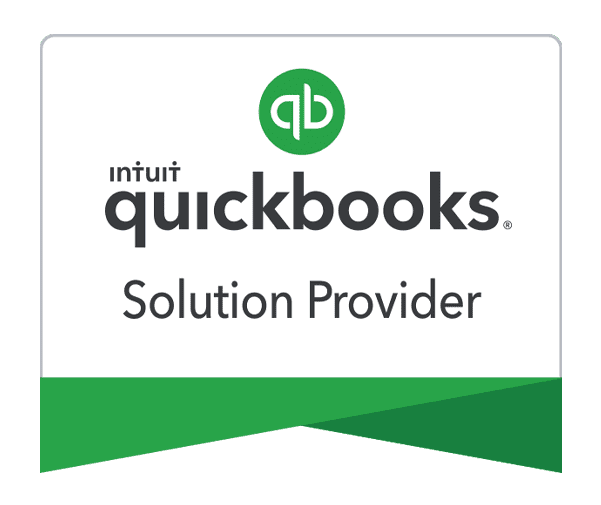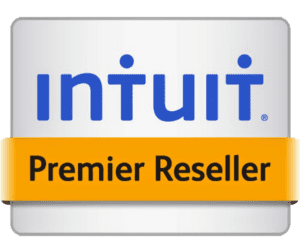Just register for the free trial below and we will send you everything you need to evaluate QuickBooks Online including 30-day access, the full 76-page QuickBooks Online Guide (details everything that you can do in the software) plus the video training library. Free end-to-end consultation and support are included so if you need any help along the way, just let us know!
QuickBooks Online Vs. FreshBooks 2022: Which Accounting Software is Best for Your Business?

Paygration, Inc.
If you’re looking for a cloud-based accounting solution, you are probably considering QuickBooks Online and FreshBooks. Both these two programs offer excellent accounting features and have been tried and tested to streamline many business workflows. But the question is—which is actually better for your small business?
Today, we’ll walk you through some of the most notable differences between QuickBooks Online and Zoho Books to help you decide which accounting solution can serve your business better.
Ease of Use and Setup
Both QuickBooks Online and FreshBooks are easy to use and navigate. They both use simple languages that can be easily understood even by a non-accountant user. However, QuickBooks Online is easier to set up than FreshBooks. While FreshBooks lets you easily enter information into the program, it lacks some essential features, like the ability to close prior period transactions, which is an important tool to prevent unwanted changes to your accounting data.
With QuickBooks Online, you can record and modify journal entries, enter beginning balances, and manage the chart of accounts. You can also perform these tasks on FreshBooks but you need an accountant user. This means you should sign up as an accountant user using a different email address, which can be a hassle. However, if you work with an accountant, then you should have no problem dealing with it.
If you would like to try the full version of QuickBooks Online Advanced, click here to get a free 30-day no-commitment trial plus access to the full video training library.
Banking and Cash Management
QuickBooks Online is more developed than FreshBooks when it comes to managing cash and bank transactions. For instance, bank reconciliation in QuickBooks is more flexible as there are several ways to reconcile your bank accounts. You can enter your statements manually, upload a file from the bank, or connect your bank accounts to the program for easier entry of data. On the other hand, FreshBooks doesn’t allow you to record bank transactions unless you hook up your bank account.
QuickBooks Online also excels in terms of printing checks. If your business deals heavily with printing checks to pay vendor bills and your employees, then we recommend QuickBooks. It enables you to record and print checks in the check register and merge multiple checks in a single deposit.
Bill Management
While both QuickBooks Online and FreshBooks lets you to manage and track unpaid bills, there are major differences worth noting. As an example, FreshBooks won’t allow you to create purchase orders and convert them into bills. You can do this in QuickBooks, alongside other tasks, such as setting a default cost for a service item, recording a vendor credit and applying it when paying a bill, and paying an independent contractor with a service item. If you work with a lot of suppliers and vendors and you want to make sure that nothing falls through the cracks, then we strongly suggest QuickBooks Online.
Inventory Management
Inventory management is QuickBooks Online’s biggest advantage over FreshBooks. To begin with, you can set up inventory items in FreshBooks, but there’s no option for tracking the available quantity on hand. With QuickBooks Online, you can keep track of available inventory, calculate quantities, automatically calculate costs and quantities, and determine which among your products are the most profitable. Simply put, if you are a product-based business, then QuickBooks Online is a preferable option.
Smart Tip: If you are a manufacturing company, you might be better served by QuickBooks Desktop Enterprise. Enterprise can track inventory parts and assemblies (bill of materials) and execute more advanced functionalities, like tracking inventory by lot and serial numbers, using barcode scanning, and managing inventory across multiple warehouses and locations.
Project Accounting
Both QuickBooks Online and FreshBooks have decent project accounting features. The two programs let you create and send invoices to clients and track time spent on a project. However, FreshBooks has a slight advantage due to its ability to compare estimated to actual expenses, which is helpful for making financial decisions. With QuickBooks Online, you can’t compare estimated vs actual project costs.
FreshBooks may be a good option if you need a simple solution for tracking income and expenses and managing projects, which makes sense if you are a service-based business. However, if you need a more comprehensive accounting solution with the ability to streamline other aspects of your business, such as inventory management, accounts payable, and accounts receivable, then QuickBooks Online is a better choice. However, to get the best value from QuickBooks Online, it’s best that you choose the right QuickBooks plan. If you wish to maximize the benefits of QuickBooks Online, you should get QuickBooks Online Advanced especially if you want more automation features, multiple-user access, and personalized guidance with your books.
















